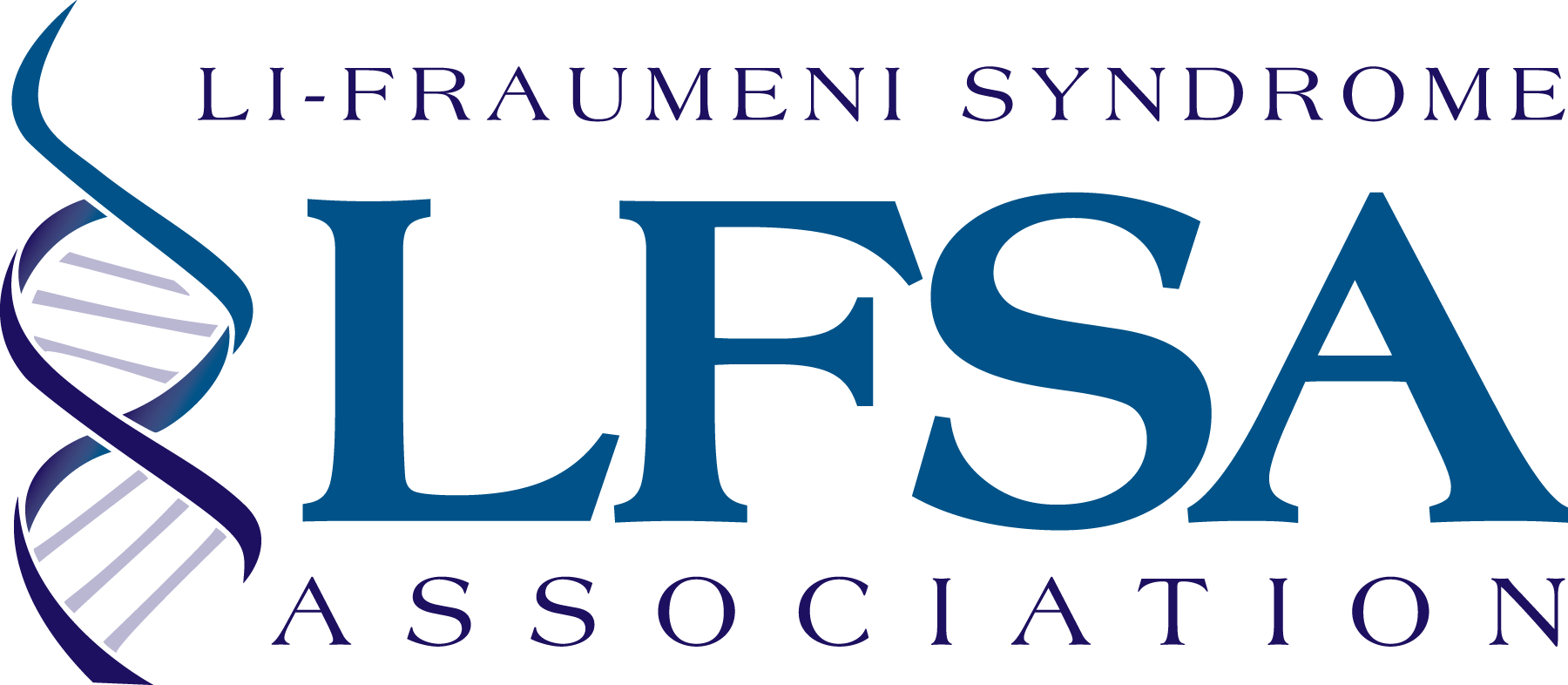Update on Cancer Screening Recommendations for Individuals with Li-Fraumeni Syndrome
Just published by American Association for Cancer Research (AACR) is the updated version of the “Toronto Protocol,” the widely recognized screening recommendations for Li-Fraumeni syndrome patients, worldwide. Lead by Dr. David Malkin (LFSA Medical & Scientific Board Member and Co-chair of LFSA – Canada), this new perspective provides an up-to-date clinical overview of LFS











